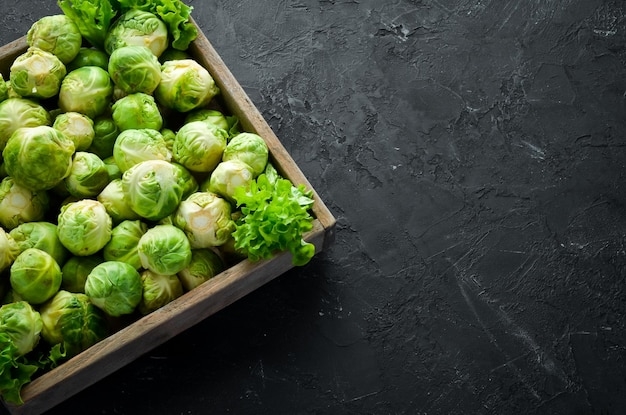Couscous is a staple of North African cuisine, typically made from durum wheat semolina and water. Despite being a relatively simple and unprocessed food, couscous offers a range of nutritional benefits that make it a valuable addition to any diet. In this article, we’ll explore the key nutrients found in couscous and the health benefits they can provide.
Fiber
Fiber is an essential nutrient that plays a crucial role in maintaining digestive health and reducing the risk of chronic diseases. Couscous is a good source of dietary fiber, with 100g containing around 3.6g of fiber. This is around 14% of the recommended daily intake of fiber for adults.
Fiber-rich diets have been linked to better overall health outcomes, including lower rates of heart disease, type 2 diabetes, and colon cancer. By including couscous in your diet, you can increase your fiber intake and promote better digestive health.
Complex Carbohydrates
Couscous is also a valuable source of complex carbohydrates, which provide the body with sustained energy over a longer period compared to simple carbohydrates. The complex carbohydrates in couscous also help regulate blood sugar levels and insulin responses, making it an ideal food for people with diabetes.
Per 100g, couscous contains around 23g of carbohydrates, making it a good source of energy. However, it’s important to note that couscous is also relatively high in calories, with 100g containing around 112 calories. As with any food, moderation is key to maintain a healthy balance of macronutrients in your diet.
Minerals
Couscous is rich in minerals that are essential for good health, including potassium, magnesium, and phosphorus. These minerals play a crucial role in a range of bodily processes, from nerve function to bone growth.
Per 100g, couscous contains around 57mg of magnesium, 98mg of phosphorus, and 91mg of potassium. This makes it a valuable addition to any diet, particularly for people who may be deficient in these essential minerals.
FAQs
1. Is couscous gluten-free?
No, couscous is not gluten-free. It is made from durum wheat semolina, which contains gluten.
2. Can couscous help with weight loss?
Couscous can be a healthy addition to a weight-loss diet, as it is low in fat and high in fiber and complex carbohydrates. However, portion control is important, as couscous is relatively high in calories.
3. How is couscous typically served?
Couscous can be served in a range of ways, from a simple side dish to a more complex main course. It can be flavored with a range of herbs and spices, and mixed with vegetables, meats, and sauces.
4. Is couscous a good source of protein?
Couscous is not particularly high in protein, with 100g containing around 3.8g. However, it can be combined with other protein sources, such as chickpeas or chicken, to create a more balanced meal.
5. Can couscous be reheated?
Yes, couscous can be reheated in the microwave or on the stovetop. It’s important to store couscous in an airtight container in the fridge to prevent bacteria growth.
Conclusion
Overall, couscous is a nutritious and versatile food that can be a valuable addition to any diet. Its high fiber and complex carbohydrate content make it a great choice for promoting digestive health and sustaining energy levels throughout the day. Its mineral content also offers a range of health benefits, from improved bone health to better nerve function. By including couscous in your diet, you can experience a range of nutritional benefits that will help support a healthier, happier you.

















































